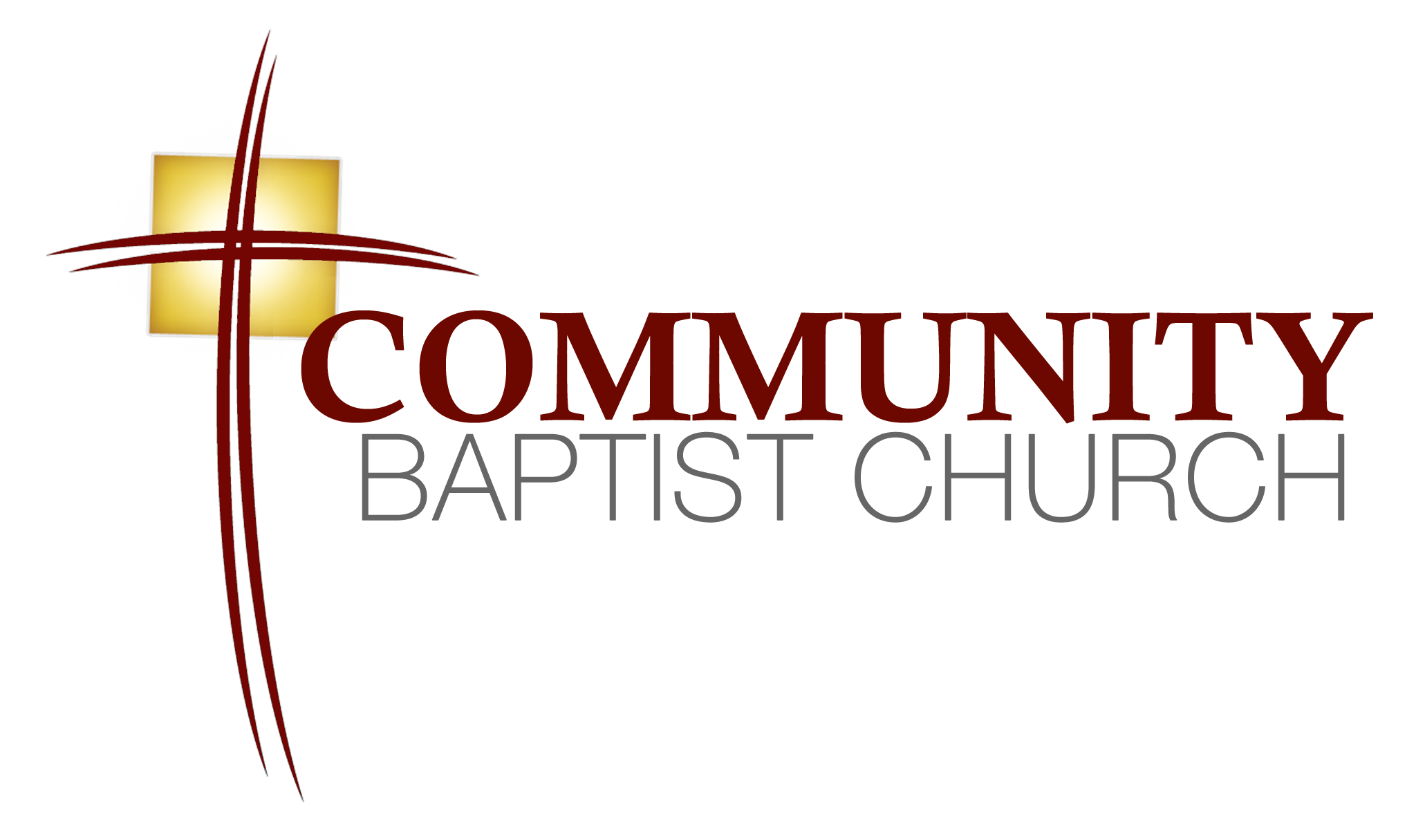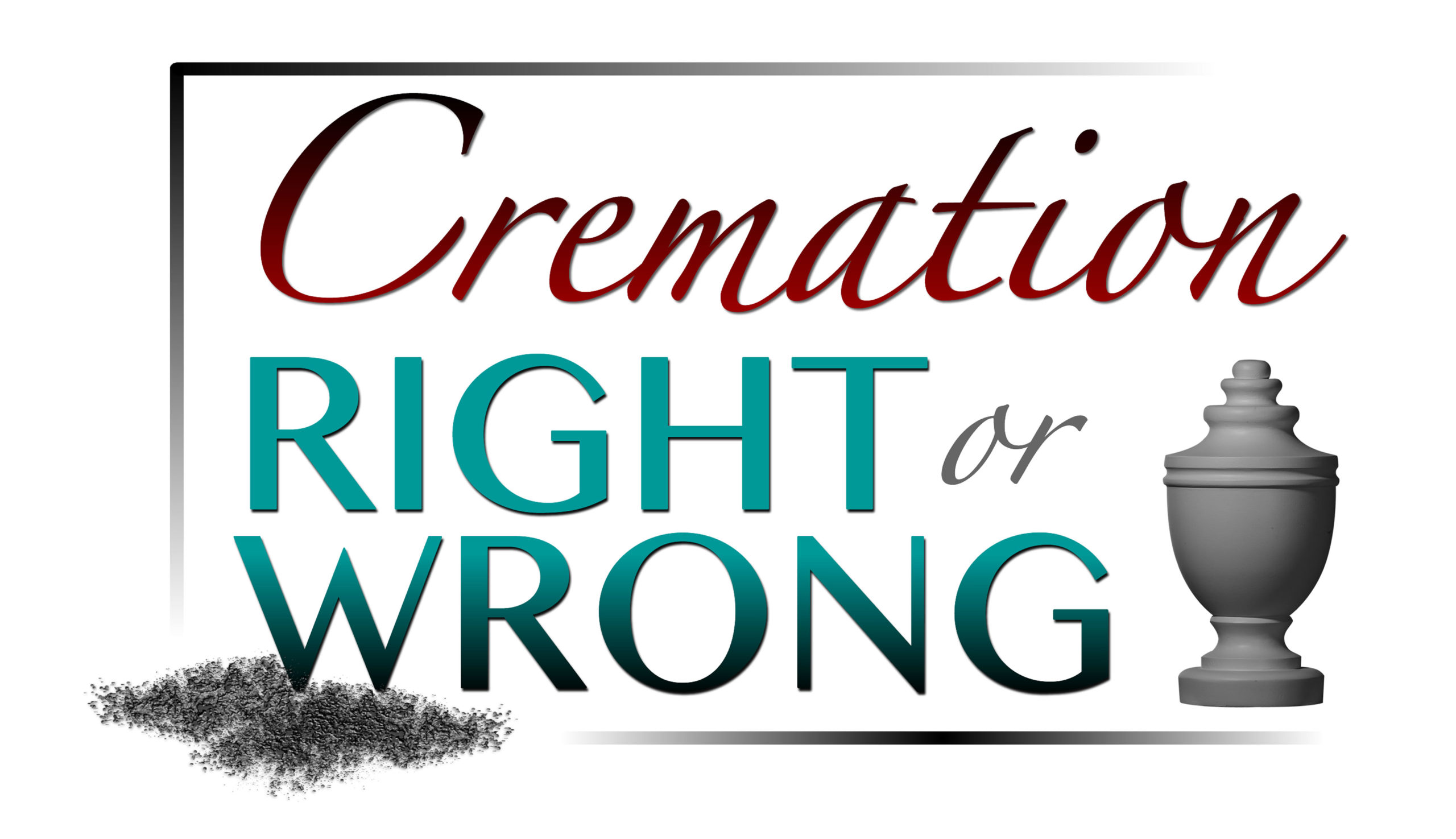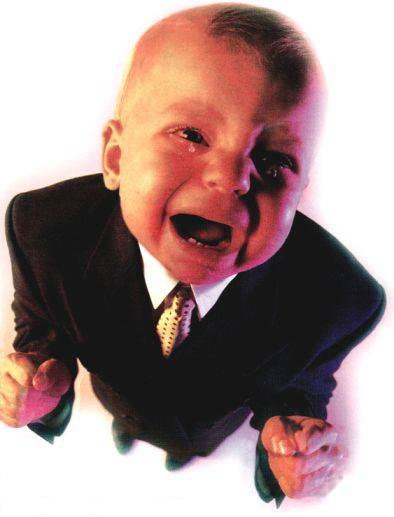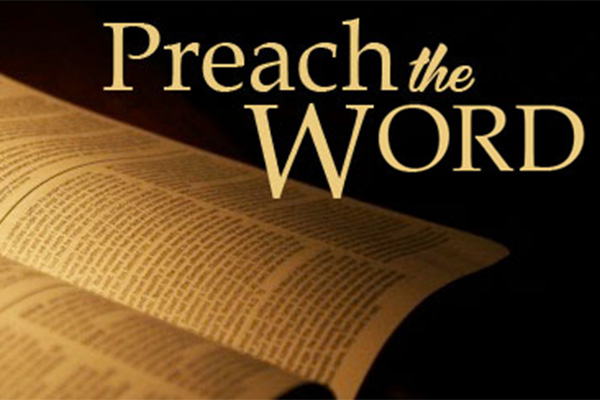Cremation: Right or Wrong?
Dr. Marty O. Wynn
Cremation is a practice that is widely gaining acceptance on the North American Continent. The Cremation Association of North America has worked hard to expand the embracing of its practice. They write, “In 1999, there were 1,468 crematories and 595,617 cremations, a percentage of 25.39% of all deaths in the United States. By 2009, there were over 2,100 crematories and over 900,000 cremations…and 36.84% of deaths in the United States were handled through cremation, a percentage that is expected to grow to over half of deaths by 2018.”[1]
Cremation is being more widely accepted, in part, because of the lesser cost than a traditional funeral and burial. Also, a local funeral home director once told this writer that it is also a matter of time and convenience. Family members of the deceased often want the least intrusive choice concerning their busy schedules.
Due to the rapidly spreading acceptance of cremation, many are wrestling with whether it is biblically right or wrong. It is true that the subject of cremation is one that is not directly addressed by the Scriptures. Yet, there are biblical principles that should be considered before a person embraces cremation as a legitimate option for believers. While there may not be a clear forbidding of the practice, the following biblical principles will help to bring the student of the Word to a more appropriate decision.
The Origin of the Practice
The first consideration should involve asking ourselves, “Where did the practice of cremation begin?” Concerning the time of its beginning, the Cremation Association of North America states, “Scholars today quite generally agree that cremation probably began in any real sense during the early Stone Age — around 3000 B.C. — and most likely in Europe and the Near East.” [2] Journalist Michelle Kim, of How Stuff Works, in her article on How Cremation Works, offers a much older time of origin. She writes, “Burning a corpse as a final rite of passage has been in practice since prehistoric times. There is evidence that people cremated bodies in China as early as 8000 B.C.”[3] While I would disagree with Kim’s date of 8000 B.C., due to my belief in a younger earth, we can say that cremation is not a new practice in any way.
As historical research shows, cremation is almost always associated with pagan religions and rituals. Hinduism mandates that a body be cremated. Other pagan faiths either encourage or mandate it. (The reasons for this will be discussed under the next point). However, history also bears record that, when Christianity was introduced in various societies, the practice of cremation disappeared. Kim collaborates this historical fact when she states the following:
Cremation was commonly adopted in some parts of Greece but never became widespread, disappearing by 480 B.C. In Sweden, the majority of funerals were cremations throughout the Iron Age and Viking Age, but stopped once Christianity was introduced (A.D. 1050). In the Western Roman Empire, cremation was the standard until the first century A.D., often associated with military honors. With the spread of Christianity, cremation was frowned upon and disappeared for the most part in Europe by the fifth century A.D., except in unusual cases such as epidemics or war.[4]
Throughout the Scriptures, the people of God did not choose cremation as a method of disposing of one’s mortal remains. One exception we can find is when the bodies of Saul and his sons were retrieved by the men of Jabesh-Gilead in First Samuel 31:11-13. The earlier portion of that chapter records that Saul had been wounded by the Philistines in battle and he prevailed upon his armor-bearer to finish the job of killing him, so that no one could say the Philistines had killed him. His armor-bearer refused, and Saul committed suicide by falling on his own sword. The next day, the Philistines discovered the bodies of Saul and his sons, and they cut off Saul’s head and nailed his and his son’s bodies to the wall, as a token of their victory. When the men of Jabesh-Gilead heard of the mutilation of Saul’s body, and the desecration of his son’s bodies by displaying them as tokens of victory, they went and retrieved the bodies. Then, the Scriptures state that they “came to Jabesh, and burnt them there” (1 Samuel 31:12c). Burning of the body was not a Hebrew practice. Burial was the normal practice for the people of God. Abraham insured the proper burial of Sarah (Genesis 23). Joseph gave commandment concerning the burial of his bones (Exodus 50:25; Hebrews 11:22). God chose bodily burial for Moses (Deuteronomy 34:6). Thus, the burning of the bodies of Saul and his sons was not in keeping with Hebrew practice. It has been speculated they did so because the bodies were mutilated and decomposed, and they did not want anyone seeing them that way. Others have speculated they did not want to bury the bodies because of the fear that the Philistines may attempt to dig them up again.
However, it is my viewpoint that the men of Jabesh-Gilead had been influenced by the pagan practices around them. It should be remembered that these men were the descendants of the two-and-a-half tribes that had deliberately chosen to refuse the Promised Land in Numbers chapter 32. Their forefathers had said “no” to the promises of God, and chosen to stay on the other side of the Jordan River. Eventually, they lost their national identity with the rest of Israel. Therefore, they had embraced the practice of the heathen around them. Of course, it is unwise to be dogmatic concerning the reason as to why they burned the bodies, but I believe the latter reason is most consistent with the Scriptures.
In either case, it is sufficient to state that cremation was not the normal practice of body disposal for the people of God. Thus, believers today should give pause to think before embracing it. Although the meaning may be different today, it is my belief
The Purpose of the Burning
The next principle concerns the purpose of burning the body. It is easily discovered, even through the briefest of research, that the overall reason for the pagan cremation was to release the spirit from the body. Whether it is the paganism of the Hindu, or the tribalism of the Native American Indian, they burned the bodies of their deceased because they believed it to be the only way to set the spirit of the deceased free. It was a pagan spiritual ritual. Even Paul wrote of this pagan ritual when writing to the Corinthian church. He was writing to a church that was well acquainted with the pagan rituals around them. Their culture thought there was something uniquely spiritual about burning the body. So, when Paul wrote to them, he spoke of “giving my body to be burned” (1 Corinthians 13:3), and said that it meant nothing. Of course, most of whom would embrace cremation today would not do it for that reason, but it should again give the believer cause to stop and consider the identification with such a pagan practice.
Scripturally speaking, there are other purposes for burning the body. In the book of Joshua, we have the account of the sin of Achan, in taking of the accursed thing at Jericho. When confronted with his sin, Achan gave confession (Joshua 7:21). God’s command was followed in dealing with Achan’s sin. They stoned Achan, his family, and every living thing he owned, and then burned their bodies (Joshua 7:25). In this case, the burning of the body symbolized the judgment of God. Throughout the Scriptures, fire is mostly viewed as judgment. Sodom and Gomorrah were judged by fire and brimstone. Fire consumed Nadab and Abihu, the errant sons of Aaron (Leviticus 10). As a believer, I have been saved from God’s wrath and judgment. The fires of God’s judgment will never touch me, because Jesus paid my sin debt in full on Calvary’s tree. Nowhere in the Scriptures can any example be found where the cremation of one’s mortal body is seen in an honorable setting. Yet, the accounts of burials are seen as a moving, and almost sacred, scene. You cannot help but weep with Abraham as he lovingly buries Sarah, or with Jacob as he buries his beloved Rachel and sets a tombstone on her grave. Of course, after walking through the pages of Moses’ life in Exodus through Deuteronomy, one cannot help but be moved by the scene described in Deuteronomy 34, as God buries Moses.
A final thought on this point should be to consider the purposeful intent of the burial of Christ. Before His death, Mary anointed His head and washed His feet. When others objected to the lavishness of her gift, He responded that they should leave her alone, because she came to “…anoint my body to the burying” (Mark 14:8). He did not say, “Mary, that’s a waste on this old robe of flesh I’m in.” No, He even said that it would be told as a memorial of her.
The Nature of the Body
At this point, many may say, “It’s just a clump of clay, a body of dirt, or a temporary housing.” All of that is true, but it is not “just” that. Therefore, I believe it inappropriate to speak lightly of discarding the mortal body we live in. Although we do not worship the body, we must remember some biblical principles concerning our body.
First, God gave man the body he lives in. From the first man, Adam, until now; every person lives within the body that has been uniquely provided to them by God Himself. Yes, He made us all. He made the whole, as well as the deaf, blind and dumb (Exodus 4:11). The body was handcrafted by God Himself. Adam wore a body that bore the fingerprints of God’s fashioning from the “dust of the ground.” Then, God breathed into that body the breath of life and “man became a living soul” (Genesis 2:7). It has been said, “God breathed into His human creation and ‘man became a living soul,’ and God breathed into His divine revelation (2 Timothy 3:16) and it became a living book.” Therefore, the body of man is not to be considered lightly. It bears the mark of God’s design and wonder, in that we are “ fearfully and wonderfully made” (Psalm 139:14).
Another consideration is that our bodies are the literal dwelling place of the Holy Spirit (1 Corinthians 6:19-20). The text calls our bodies the “temple” of the Holy Ghost. In the New Testament, there are a couple of different Greek words translated “temple.” In this case, it is the word ναός (na-os). It is a very specific word, in that it refers to that inner portion of the temple where the Shekinah Glory of God dwelt in visible presence. That is what our physical bodies are to the Holy Spirit. Since we are Holy Spirit indwelt, we should exercise care and consideration over our bodies, and not be abusive to that body. Of course, the presence of the Holy Spirit’s dwelling applies to a living body. At death, the Spirit is no longer dwelling there. Yet, again we have a biblical principle to consider. As stated, the Old Testament tabernacle had the dwelling of the Glory of God when it was set up. However, when it was dismantled for travel, the presence of God was not within it, but those responsible for its breakdown, travel and setup had to exercise great care with it. It was not tossed around as a bunch of curtains, furniture and ornaments. Yet, it was cared for with a sacred care and responsibility. No, we are not to worship this robe of flesh, but we are to remember that our bodies are a unique gift from God and, as living believers; it housed the Holy Spirit of God Himself.
The Glory of the Believer
Paul, in closing his first letter to the church at Thessalonica, wrote “And the very God of peace sanctify you wholly; and I pray God your whole spirit and soul and body be preserved blameless unto the coming of our Lord Jesus Christ” (1 Thessalonians 5:23, emphasis added). Paul did not discount the body, but prayed for the sanctification of it. As may be known, the term “sanctify” (ἁγιάζω), comes from the root word “holy,” and means “to set apart; to purify, to consecrate to God.” We are also exhorted to glorify God in our bodies (1 Corinthians 6:19).
Paul carried this glorifying God principle beyond just living, when he wrote, “…as always, so now also Christ shall be magnified in my body, whether it be by life, or by death” (Philippians 1:20b). Therefore, even in our death, we should bring glory to God. Can we honestly expect to bring glory to God by engaging in a practice that has its roots in paganism and idolatry? Such would not seem a reasonable action for the believer. As we bury the body of a believer, we are giving testimony of our faith that God is going to raise it again for His glory and in His glory. That is a much more fitting tribute at death.
Concluding Thoughts
There may be some who wonder, “What about those believers who died in fires, or whose bodies were lost at sea, and so forth?” The answer is…That is not a problem with God. Our Omnipotent God can certainly reconstitute all the necessary elements of the body, no matter how far scattered or decayed they may be. Yet, the point of this position statement has been written for those who are making a willful and conscious choice concerning the disposal of their mortal body.
My belief is that, since First Corinthians 6:19 states that Christ bought me (body, soul and spirit) and since I now have no say so over it, then I do not retake ownership at death. I will let God’s pattern of choosing burials for His people be my choice.
As a disclaimer it is necessary to state that, if a person disagrees with my conclusions and chooses to be cremated, that is within Christian liberty. I do not believe this is a fundamental doctrine or a test of orthodoxy or Christian fellowship. Rather, I believe it to be the conclusion of my personal study of the Scriptures.
__________
[1] http://www.cremationassociation.org/?HistoryOfCremation.
[2] Ibid
[3] http://science.howstuffworks.com/cremation6.htm
[4] Ibid








I appreciate your thoughts on this subject. You approached it with much study and at the same time emphasizes at the onset and conclusion of the article that cremation is not doctrinal issue. A couple in our church asked my thoughts this past week and I have forwarded this article on to them. God bless you.